
Ian Payne 4am - 7am
11 November 2019, 10:51
The UK fell silent for two minutes this morning as a mark of respect for the brave men and women who have lost their lives in wars.
Every year at 11am the UK observes a two-minutes silence to remember the lives of people who have been killed in conflicts across the world.
This year marks the centenary of when the the first two-minutes silence was held on 11 November, 1919, exactly one year after the guns fell silent in the First World War.
On the eleventh hour of the eleventh day of the eleventh month in 1918, a peace treaty was signed between the Allies (including the British Empire, France and the USA) and the German forces.
This signalled the end of the brutal and bloody four-and-a-half year conflict which saw roughly 40 million military personnel and civilians die.
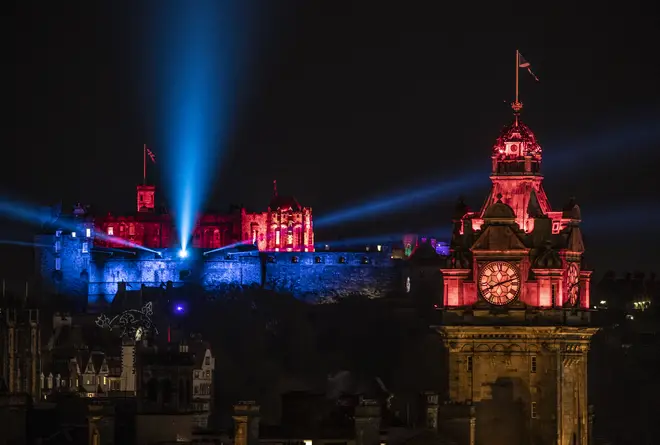
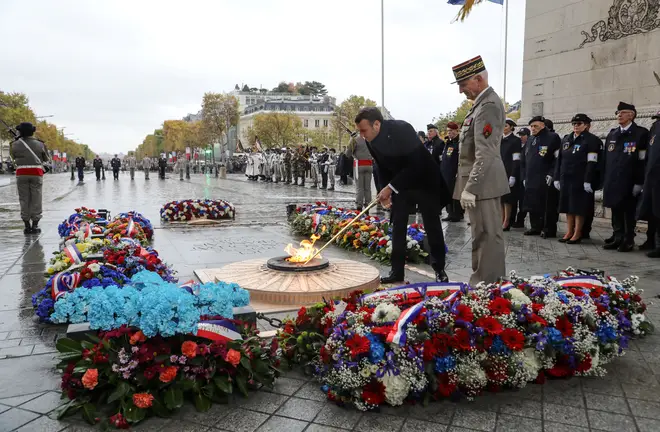
Exactly one year after WWI ended, King George asked the general public to observe a silence at 11am to honour the war dead.
He did this to ensure the "thoughts of everyone may be concentrated on reverent remembrance of the glorious dead."
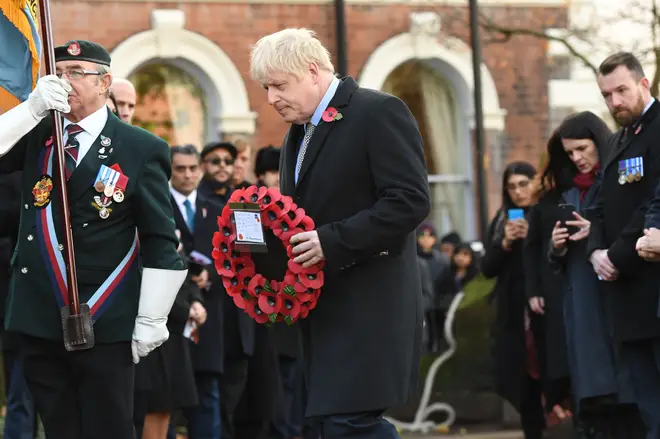
Armistice Day, also known as Remembrance Day, sees tributes and commemorations take place across the country and in many others across the world.
It is an opportunity to remember those who fought in the wars and their reasons for heading into battle. It follows Remembrance Sunday which is always held on the second Sunday of November in the UK.
The phrase "lest we forget" is commonly associated with Armistice Day. Its meaning is a plea not to forget past sacrifices made by those that have come before us.
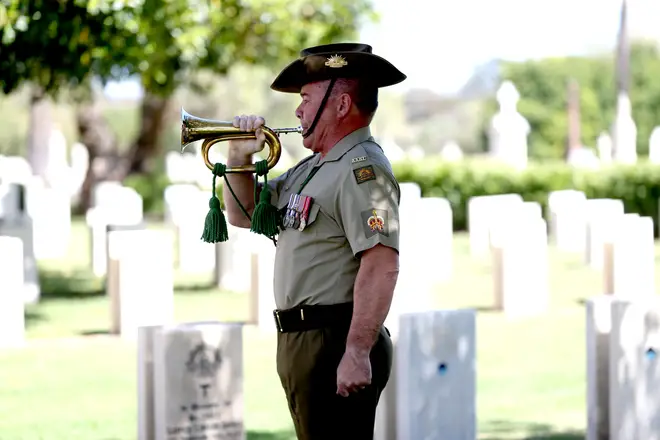
On Sunday, the Royal Family led the nation in paying respects to its war dead at the traditional wreath-laying service at the Cenotaph.
Political leaders, including Prime Minister Boris Johnson and Labour's Jeremy Corbyn, took a break from election campaigning to attend the service at the memorial on Whitehall in central London.
As Big Ben struck at 11am, a two minutes silence was observed, with its beginning and end marked by the firing of a gun by the King's Troop Royal Horse Artillery.
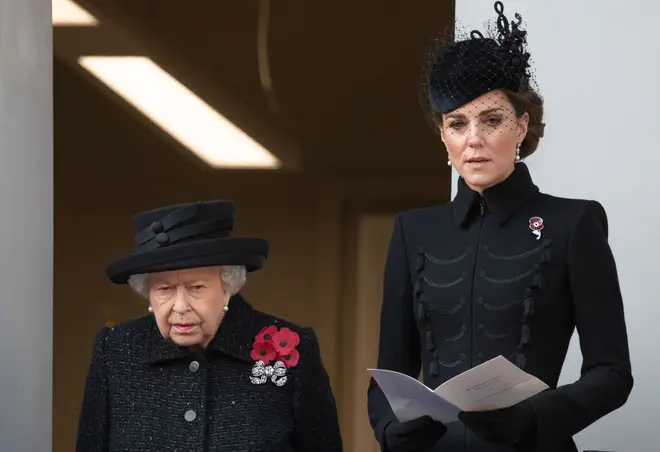
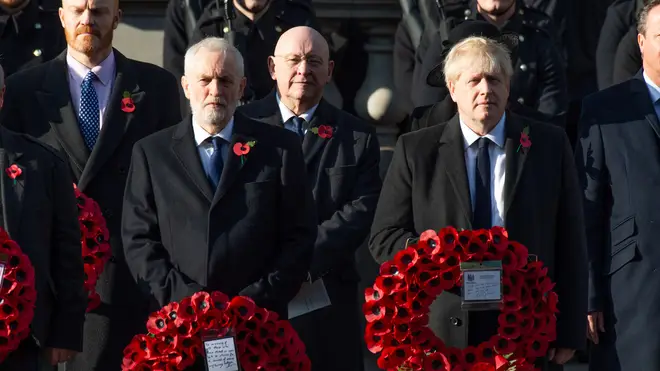
Part of the build up includes the poppy appeal, front by the Royal British Legion. It is the charity's biggest fundraising campaign, providing financial, social and emotional support to members and veterans of the British Armed Forces, their families and dependants.
This year the Poppy Appeal is aiming to raise over £50 million to help support serving and ex-serving members of the Armed Forces community and their families.

The history of the poppy goes back to World War One, where fighting, bombing and destruction took place on the Western Front.
Amid all the bleakness, bright red Flanders poppies flourished in the middle of Flanders fields, blooming in the battlefields and growing in their thousands.
Shortly after losing a friend in Ypres, Belgium, a Canadian doctor, Lieutenant Colonel John McCrae was moved by the sight of these poppies and that inspiration led him to to write the now famous poem 'In Flanders Fields'.